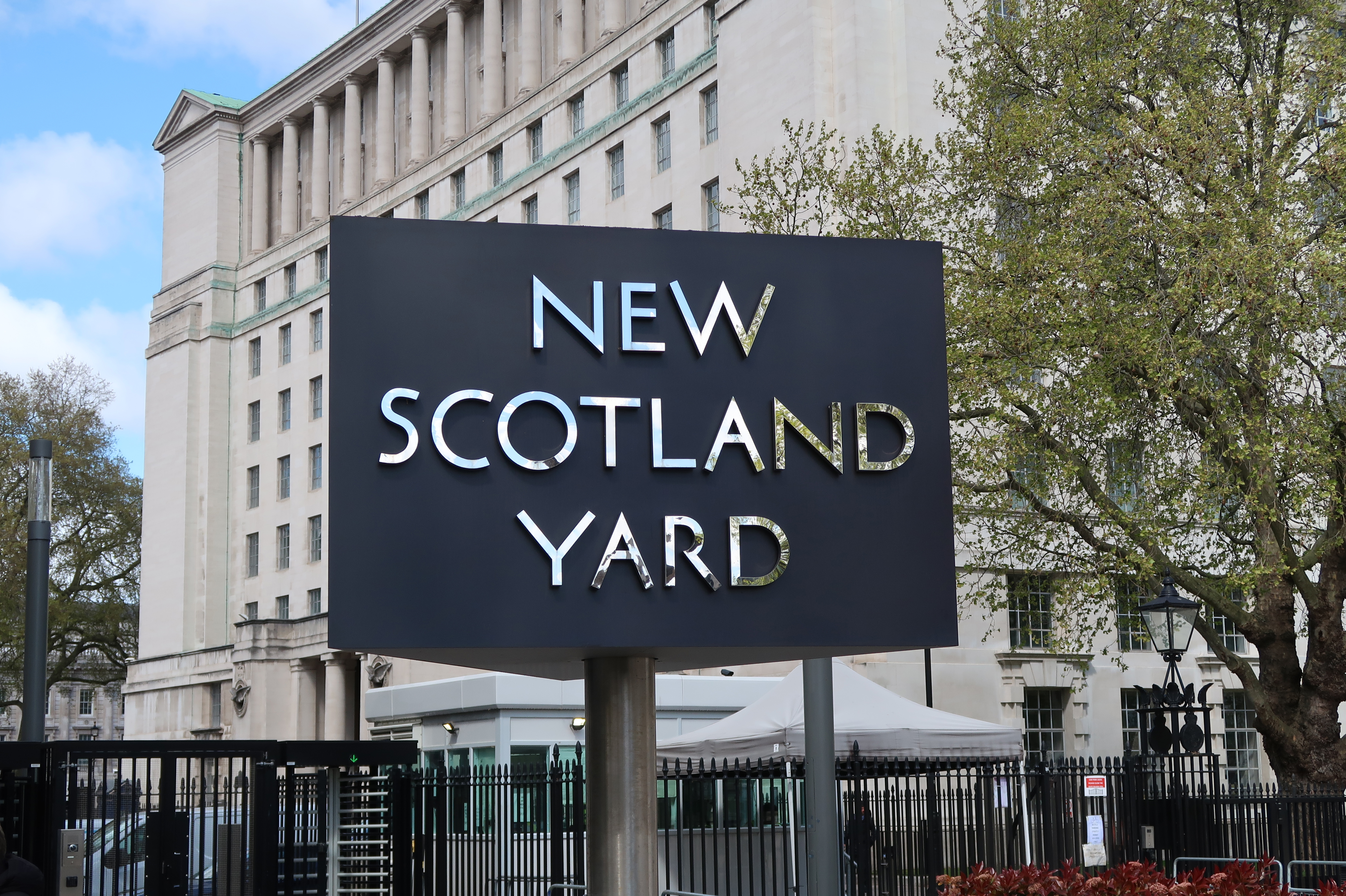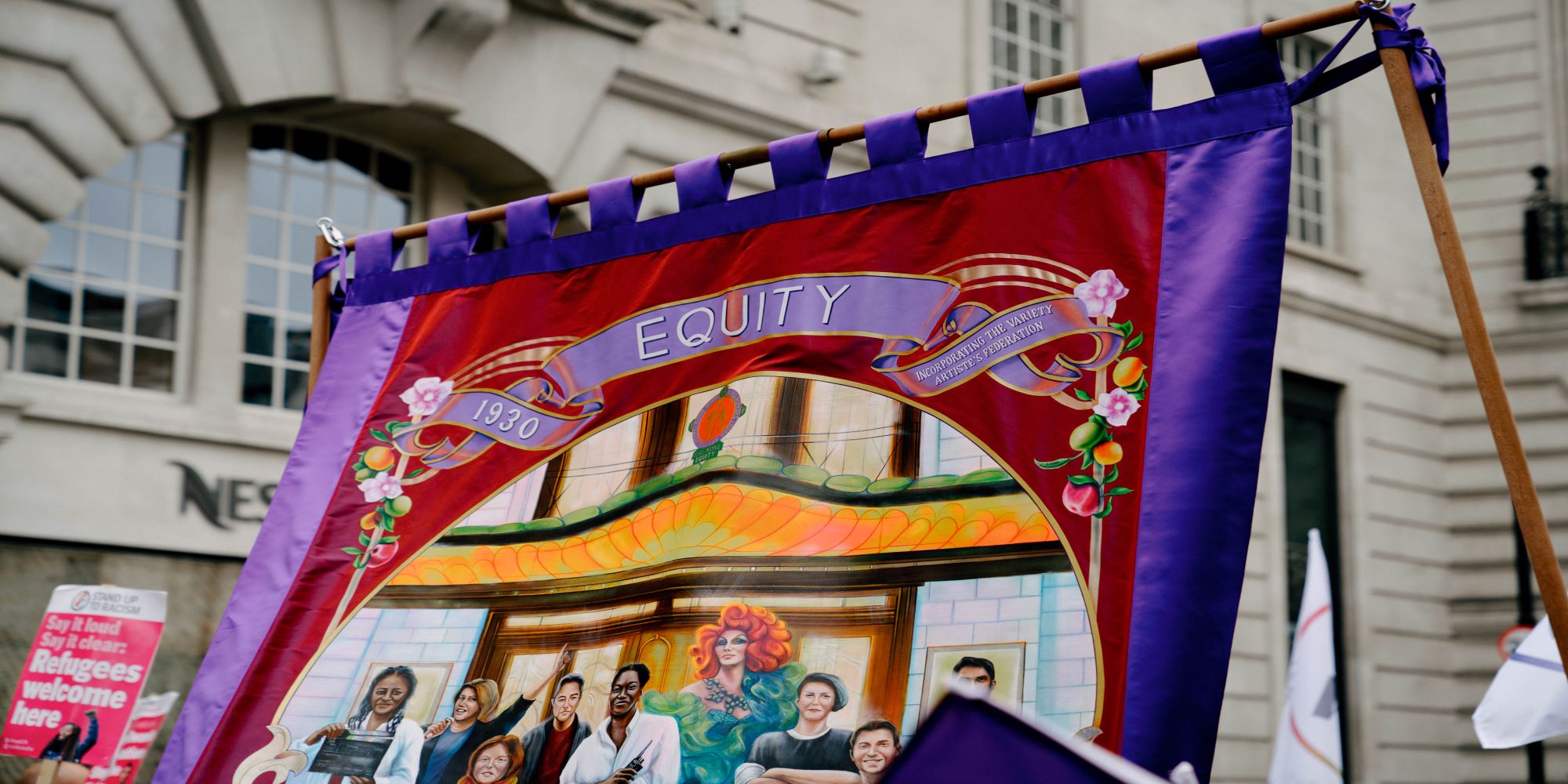The role of the BBC as a Public Service Broadcaster in investing in domestic infrastructure and workforces was front and centre in an evidence session at the Scottish Parliament this morning, looking at BBC Scotland’s decision to axe Scotland’s only domestic TV soap, River City.
Holyrood’s Culture Committee took evidence on the subject of BBC Scotland from Equity General Secretary Paul W Fleming, President Lynda Rooke and Equity member, actor and River City cast member Frank Gallagher.
Actor Frank Gallagher, who has worked on River City for 20 years, talked about the impact that cutting the soap would have, saying: “This is our voice we’re talking about here, this is our culture. Scottish accents and programmes are very quiet as it is, do we want to silence them?
“There should be a place in our own country for people who want to work in their own country, instead of waiting for some dramas that are probably brought up from the BBC production in London”, said Frank, to a sympathetic Committee. “We know this as actors, but there’s a whole industry here.”
In a wide-ranging session, the panel touched on the untruths given around the Dumbarton studios (where River City is filmed) lease coming to an end, the lack of consultation with unions and people working on the show, and how BBC Scotland has a duty to invest in sustainable studio infrastructure, training and employment for Scottish productions.
Proposals to make three dramas through BBC Scotland were described as “no replacement” for the content and employment offered through River City by Keith Brown MSP, who continued: “They’re turning down the voice of Scotland, it’s a kind of cultural vandalism.”
Giving evidence, Equity General Secretary Paul W Fleming related the realities of performance work and why the stable employment offered by soaps is so unique, saying: “It is a lot easier to be a Scottish actor but live and work in London, that’s the truth… we want to see River City saved”. He went on to describe the important role that Public Service Broadcasting – and the BBC in particular – has in relation to the infrastructure and economy of UK TV and film production. “The River City debacle is a distilled example of the BBC’s bizarre self-loathing, and audiences and artists are losing out” he said.
“Soaps are a ground that allows people who normally don’t have easy access into the film and TV industry to actually get in there, they become a training ground” explained Equity President Lynda Rooke, herself a seasoned soap actor having appeared in Brookside, Coronation Street, Hollyoaks and a string of screen favourites. “It allows people from marginalised backgrounds in particular to enter into the industry – which can be a very closed shop” she continued. “I’ve witnessed people who’ve gone on to have amazing careers on screen, but would they have got there if they hadn’t come in through soaps? There’s a good chance the answer is no.”
Picking up on this line, Patrick Harvie MSP, who grew up about ten minutes from the set, said: “There’s a sense of an ecosystem where people have the opportunity to start their careers. Public Service Broadcasters used to be the only players. Now we have more companies, but the big streamers are not going to be interested in investing in the infrastructure and the ecosystem.”
The parallel argument of not only providing an entry to the industry for working class performers and creatives, but also for portraying working class voices and characters on screen through the medium of soaps, was also aired. Frank Gallagher talked of the snobbery in the industry, with some people “looking down on you for working in a soap” and said the show has been allowed to become “a bit of joke” in the press. But he spoke passionately about what would be lost with River City axed from the airwaves. “Do you want to sit and watch Master Chef or the One Show at 7pm on a Tuesday. Or do you want to watch your own people, your own culture?” he asked.
BBC Scotland was criticised for “messing about with schedules”, with George Adam MSP saying “you lose core audience, it’s almost the death-knell.” BBC Scotland also came under fire from Neil Bibby MSP for lack of promotion, and from others for deciding to abandon an audience with a wide demographic – ranging from school children to grandparents – and one which could be built on with a different attitude.
Paul W Fleming compared and contrasted the approach taken by Hollyoaks where, instead of scrapping the show, a digital-first, ‘box set binge’ experience is being taken, hand in hand with consultation and close working with cast and crew. He also gave a cautionary tale of BBC investment flowing away after the loss of Pebble Mill studios in the Midlands, which now has the lowest BBC investment of any nation or region at just 2.7% of network TV expenditure, something that is exacerbated by the loss of drama Doctors.
Politicians aired concern at the impact on the local economy and the effect the loss of River City’s training facilities will have on the development of Scottish talent, both on and off screen, with 40 first-time writers coming through the show in the past few years. Alexander Stewart MSP decried that “culture in Scotland is being eroded” and asked how the committee could galvanise support from the wider parliament. The committee expressed a determination to work with Equity towards saving the soap and the wider employment, training and investment role it plays in the Scottish economy.
Jackie Baillie MSP, whose constituency takes in the Dunbarton studios, joked that she is the MSP for Shieldinch – the fictional setting of River City – and invited the committee to visit the set. Referring to River City's role as driver of the screen industry, Committee Convenor Clare Adamson said "the ecosystem in Scotland... I really see at risk here" and that the decision to axe the programme has made the industry "more precarious" for workers in the Scottish screen industry.
As the session came to a close, Equity’s general secretary said: “We’ve got to remember the incredible value of the BBC to licence fee payers”, coming back to the importance of Public Service Broadcasting to both audiences and artists. “You can’t replace the infrastructure of public service broadcasting and I think part of the role of the state is to provide that infrastructure and trap that industry.”
Commenting after the session, Neil Bibby MSP, Scottish Labour’s Culture Spokesperson said: “The cast of River City and their union Equity have today powerfully made the case for the importance of retaining Scotland’s only homegrown soap. It is clear the loss of this iconic show and the Dumbarton studios will have a significant impact on jobs, training opportunities and the viewing public. River City is not just a fixture in hundreds of thousands of Scottish homes, it has been a launchpad for countless Scottish actors, screenwriters and production crews for over 20 years. The BBC should reconsider this decision and ensure River City can continue to power our brilliant cultural sector.”
The campaign continues.
This is our voice we’re talking about here, this is our culture. Scottish accents and programmes are very quiet as it is, do we want to silence them?
Frank Gallagher




